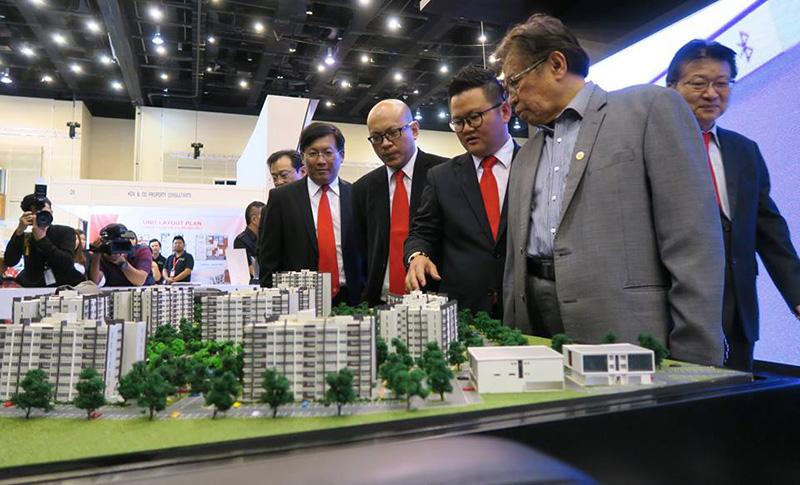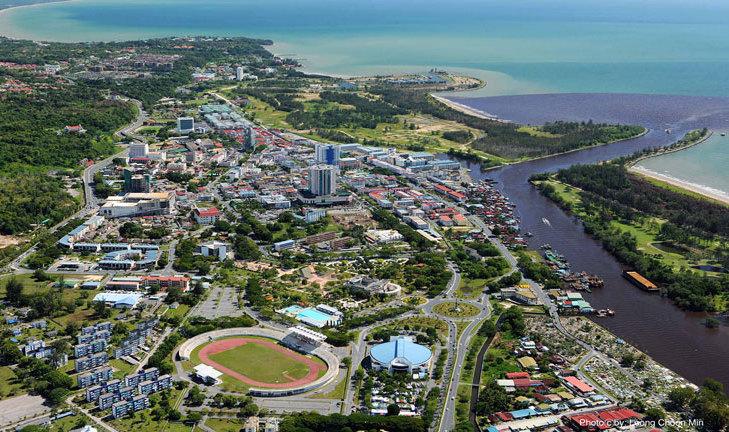Sarawak Housing Estates Developers Association (Sheda) Kuching branch chairman Sim Kiang Chiok recently outlined the hindrances to the development of building industry in Sarawak.
He was asked on the property outlook for 2019 as well as on the general economic status.
"With the change of federal govt recently in May 2018, the maiden budget by the new Pakatan Harapan (PH) government has significant impact on the direction of our country's economic outlook," Sim said.
"The world is caught in the crossfire in the trade war between China and USA, UK Brexit in Europe, low commodity prices, weak ringgit and raising of minimum wages are some of the significant events that will affect our Malaysian economy," he added.
In Sarawak for 2018, the property sector has about 1,250 units of various types of property overhang which is not as severe as in Peninsular Malaysia.
These properties overhang can be due to poor location, poor design, mismatch of type of property to the demand in the particular location.
And this affects building apartments in the semi-urban areas or commercial buildings in sparsely populated areas, he said.
"Also the major hindrance is of course the same issue as last two years when the banks are following the strict guideline of lending in property by Bank Negara," he said.
In the property industry, the players are sellers, buyers and the bankers but the banks are very strict in end-financing of properties which affects the sales of houses, Sim explained.
"There is no adjustment or any relaxation by the new government on the lending guideline, where banks are allowed to lend based on 'proven income' where there are no consideration on income growth where even though minimum wages are being reviewed upward or any consideration on undeclared second income," he stressed.
Lending for properties should be considered as savings instead of spending because in Malaysia with the protections already in place, properties appreciate and not depreciate like machinery and other disposable goods, he suggested.
Banks should consider lending on staggered repayment where for example the first five years the repayment is low and subsequent repayment will be on ascending scale, he recommended.
Banks can also consider longer repayments period or even extend two generational loans to families housing loans, he added.
"We hope that Bank Negara will take note of the slowdown and will adjust their lending guidelines back to 'collateral lending' so that the property industry can grow and contribute to the country's economy and prosperity," he said.
All the stamp duties waiver or incentive as announced in the new budget will come to nought if the purchasers cannot raise the end-finance to complete the purchase, he argued. He said the state government should also provide assistance in planning.
"Even in this challenging time our state government has approved a new scheme called Sri Pertiwi that allows private developer to build affordable house at the selling price that is below RM280,000 with minimum size of 900 square feet floor area."
Under the programme to help meet the M40 or middle income housing demand, the state government allows private developers to build up to 12 units per acre or 50 units of apartment on an acre of land with facilities and amenities, he said.
However, the developers will be able to start to launch this type of development by end of 2019, he noted.
"The increase in development expenditure in 2019 state budget will help our state's economy to grow even though federal has drastically reduced our development funds."

.jpeg)




.png)



.jpeg)

